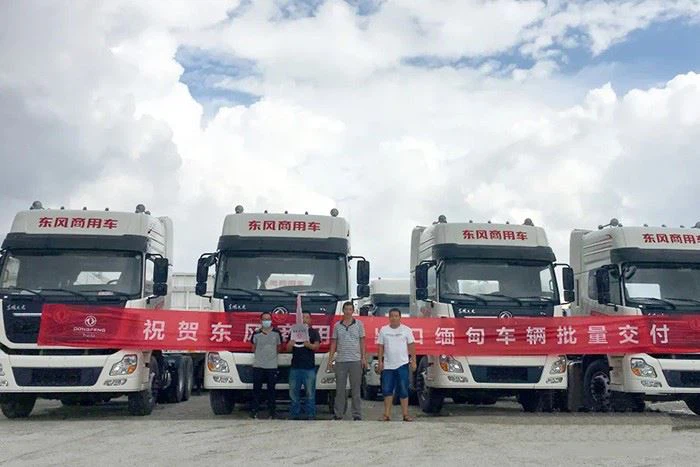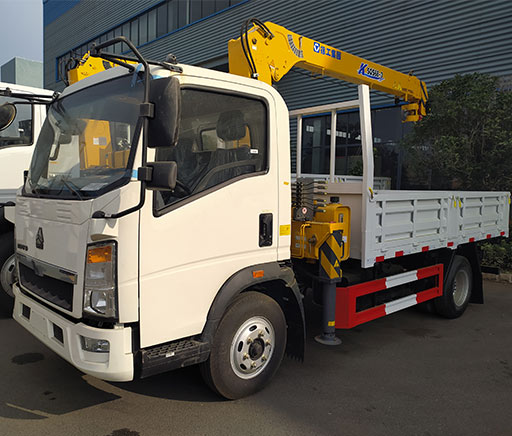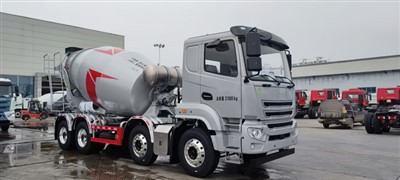Understanding Dumpster Trash Trucks: The Backbone of Waste Management

In an age where waste management is becoming increasingly important, dumpster trash trucks serve as essential tools for ensuring our communities remain clean and safe. This article will explore the fascinating world of dumpster trash trucks, detailing their functionalities, benefits, different types, and much more. From understanding their basic mechanics to essential tips for effective waste disposal, we cover it all.
Table of Contents
- What is a Dumpster Trash Truck?
- How Does It Work?
- Types of Dumpster Trash Trucks
- Benefits of Dumpster Trash Trucks
- Choosing the Right Dumpster Truck
- Maintenance Tips for Dumpster Trash Trucks
- Common Mistakes to Avoid with Dumpster Trash Trucks
- Case Studies: Success Stories with Dumpster Trash Trucks
- Frequently Asked Questions
What is a Dumpster Trash Truck?
A dumpster trash truck is a specialized vehicle designed to efficiently collect and transport waste materials. The term “dumpster” typically refers to large containers that hold refuse, while the trash truck is the vehicle that picks up, compacts, and transfers this waste to landfills or recycling facilities. These trucks play a crucial role in urban sanitation, enabling cities and towns to manage waste effectively.
History
In the early 20th century, cities began implementing waste management systems. The first garbage trucks were horse-drawn carts, which were gradually replaced by motorized vehicles. The introduction of the dumpster in the 1930s revolutionized waste collection, leading to the development of dumpster trucks in the latter half of the century.
How Does It Work?
The operation of a dumpster trash truck is relatively straightforward, yet it involves several key steps to ensure efficient waste collection and transport.
1. Pickup
The truck arrives at a designated location where a dumpster is situated. Drivers use hydraulic systems to lift the dumpster onto the truck.
2. Compaction

Once the dumpster is secure, the truck compacts the waste inside. This process maximizes the load capacity and minimizes transport costs.
3. Transport
The truck then transports the waste to a landfill, recycling facility, or waste processing center. Many trucks are designed to handle multiple dumpsters in one trip, increasing efficiency.
4. Unloading
Once at the destination, the truck uses another hydraulic system to unload the waste. The dumpster is emptied, and the process begins again.
Types of Dumpster Trash Trucks
There are several types of dumpster trash trucks, each designed for specific waste management needs.
1. Front Load Trucks
These trucks are ideal for collecting waste from commercial locations. They have a front-loading mechanism that requires less space and allows for quick pickups.
2. Rear Load Trucks
A common sight in residential areas, rear load trucks have a loading area at the back. They are suitable for routine garbage collections in neighborhoods.
3. Side Load Trucks
Side loading trucks can pick up bins from the side, often using automated mechanisms. They save time and require fewer workers, making them cost-effective.
4. Compactor Trucks
These trucks feature built-in compactors for densifying waste. They are great for oversized waste and reduce transport costs by maximizing load capacity.
5. Roll-Off Trucks
Roll-off trucks carry large containers (roll-off bins) and are often used at construction sites and for large clean-up operations.
Benefits of Dumpster Trash Trucks
Using dumpster trash trucks for waste management comes with numerous benefits:
1. Efficiency
Dumpsters can hold large amounts of waste, allowing for quicker collection times and fewer trips to disposal sites.
2. Cost-Effectiveness
The efficient design of these trucks reduces fuel consumption and labor costs, saving municipalities money.
3. Environmental Protection
Proper waste collection prevents litter and pollution, helping maintain clean cities and protecting ecosystems.
4. Flexibility
With various types of trucks available, waste management services can tailor their fleets to meet the specific needs of their clients.
5. Safety
Modern dumpster trash trucks are designed with safety features to protect both drivers and pedestrians during waste collection.
Choosing the Right Dumpster Truck
Selecting the appropriate dumpster trash truck for specific needs involves several key considerations.
1. Type of Waste
Evaluate the type of waste you will be collecting. Different trucks suit different types of materials, such as recyclables, yard waste, or construction debris.
2. Volume of Waste
Estimate the average volume of waste. Larger trucks may be necessary for high-volume areas, while smaller trucks may suffice for lower volumes.
3. Location
Consider urban vs. rural settings. Some trucks may be better suited to tight urban spaces, while others may work well in wide-open areas.
4. Budget
Determine your budget for purchasing or leasing a dumpster truck. Balance the cost with the features and efficiency you desire.

Maintenance Tips for Dumpster Trash Trucks
Regular maintenance is key to extending the lifespan of dumpster trash trucks. Here are some practical tips:
1. Routine Inspections
Conduct regular inspections for wear and tear, like tire tread, brakes, and hydraulic systems.
2. Keep It Clean
Regularly wash the truck to prevent corrosion and maintain a professional appearance.
3. Lubrication
Ensure all moving parts are well-lubricated to minimize friction and wear.
4. Follow the Manufacturer’s Guidelines
Adhere to the recommended maintenance schedule provided by the truck manufacturer to ensure optimal operation.
Common Mistakes to Avoid with Dumpster Trash Trucks
Understanding common pitfalls can improve the efficiency and safety of using dumpster trash trucks.

1. Overloading the Truck
Overloading can damage the vehicle and create safety hazards. Always adhere to weight limits.
2. Neglecting Cleaning Protocols
Improper hygiene can lead to unpleasant odors and code violations. Regular cleaning is essential.
3. Failing to Train Personnel
Inadequate training can cause accidents. Always ensure drivers and ground crew are properly trained on safety protocols.
Case Studies: Success Stories with Dumpster Trash Trucks
Real-life examples highlight the effectiveness of dumpster trash trucks in waste management:
City of San Francisco
San Francisco has adopted an extensive waste management program utilizing side-load trucks, resulting in over 80% diversion of waste from landfills.
Construction Sites
Using roll-off trucks has streamlined debris collection for large construction projects, saving time and labor costs while maximizing recycling efforts.
Local Waste Management Services
Small towns implementing front-load trucks saw significant increases in efficiency, allowing for one driver to collect trash from multiple commercial clients in a single trip.
Frequently Asked Questions
1. How often should dumpster trucks be serviced?
Ideally, dumpster trucks should be inspected monthly and serviced according to the manufacturer’s guidelines.
2. Can I rent a dumpster truck?
Yes, many waste management companies offer rental options for both short-term and long-term needs.
3. What types of waste can be collected?
Dumpster trash trucks are designed to collect a variety of waste, including household garbage, recyclables, yard waste, and construction debris.
4. How do I determine the right size dumpster?
Consider your waste volume, the type of waste, and how often you need pickups to determine the right dumpster size.
5. Are there any hazardous materials that cannot be disposed of in dumpster trucks?
Yes, hazardous materials such as chemicals, batteries, and certain electronic waste typically require specialized disposal methods.
6. What happens to the waste after collection?
After collection, waste is typically taken to landfills or recycling facilities, where it is processed according to local regulations.
